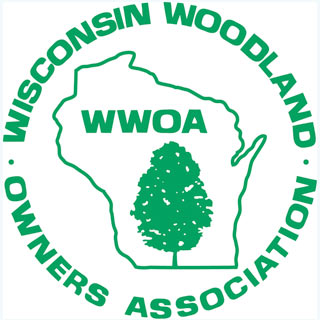Gov. Tony Evers today announced the Governor’s Blue Ribbon Commission on Rural Prosperity has released “Rural Voices for Prosperity: A Report of the Governor’s Blue Ribbon Commission on Rural Prosperity,” which calls for coordinated measures across state government to meet the needs of Wisconsin’s rural communities.
The report features 10 overarching recommendations that, taken together, would commit state government to a comprehensive approach to rural prosperity, create new partnerships with rural and tribal communities in the designing and delivering state services, and invest more thoughtfully to address rural Wisconsin’s critical challenges and most promising opportunities. The report can be found here.
The 10 overarching recommendations include:
- Create and appropriately resource a place within the Wisconsin state government that understands and champions the unique attributes of rural Wisconsin—including Native Nations;
- Continue the governor’s efforts to make the needs and priorities of rural communities and Native Nations a forethought, rather than an afterthought;
- Take an “all-of-government approach” to doing right by rural and tribal communities;
- Ensure rural places and Native Nations in rural Wisconsin get a fair shake in accessing state and federal resources;
- Look beyond Wisconsin’s borders for good ideas;
- Unleash the full power of communities to innovate and act by updating state laws that restrict local agency;
- Reinvest in the Wisconsin Idea and the University of Wisconsin, its satellite campuses, and our state’s network of community and technical colleges as unique and valuable assets;
- Rebalance state business incentives to ensure economic development prioritizes the assets of Wisconsin people, communities, and businesses;
- Invest in vital ingredients for our better future; and
- Continue the work of the Governor’s Blue Ribbon Commission on Rural Prosperity.
In addition to the 10 overarching recommendations, the report summarizes what residents told the Commission – including challenges that are stifling rural prosperity, how the state and local governments have been helpful, and promising ideas worth exploring. Those ideas include:
- Establishing a strategic roadmap for Wisconsin’s forestry sector;
- Investing in agricultural supply chain gaps that inhibit market development, such as meat processing infrastructure and workforce development;
- Supporting childcare professional development, mentoring, and information sharing;
- Elevating success stories from rural Wisconsin communities that have succeeded at providing better broadband and coverage;
- Examining how the state could encourage more investment in renewable energy projects; and
- Boosting state support for outdoor recreation project implementation.
Wisconsin is one of only few states to establish a rural-specific coordinating office in state government.
“The need for a rural lens when designing both state and federal policy and programs – and for engaging rural people in that design – is emerging across the country as critical to changing rural prospects,” said Janet Topolsky, executive director of Aspen CSG. “The fact Wisconsin has established its new Office of Rural Prosperity and this commission is clear evidence that state leaders recognize that need.”
The commission hopes to continue the discussion with rural Wisconsinites beyond this report – and for opportunities to move forward with ideas discussed in the report, whether that’s through the upcoming biennial budget process, working with state agencies and programs, or looking for support through federal government and new public-private partnerships.
To learn more about the work of the Commission and to read the full report, please visit: https://wedc.org/rural-prosperity/blue-ribbon-commission.
